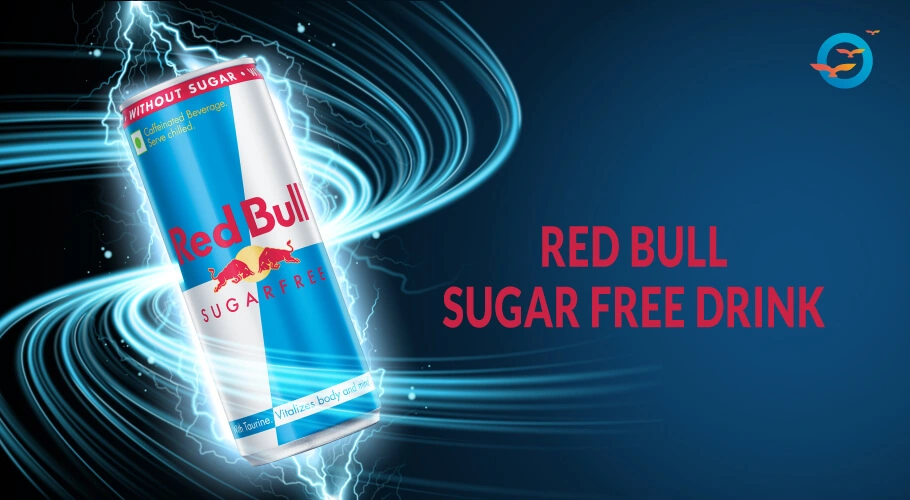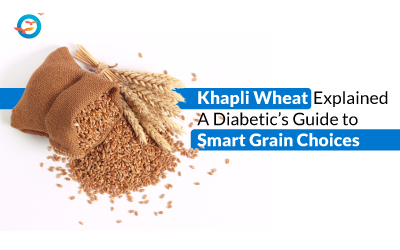Is red bull good for diabetes?

Red Bull and Diabetes
One of the key symptoms of diabetes is a general feeling of lethargy and fatigue, which is brought on to a large extent by the body’s inability to process carbohydrates adequately. Unfortunately, diabetics in need of an energy spike don’t have the luxury of turning to the many sports and energy drinks that other do as a matter of fact, because of the high sugar content of these drinks.
For this very reason Red Bull Sugar-Free, which claims to have just five calories per can, and no added sugar is giving wings to diabetics across the world.
But how safe is it for diabetics to consume? For that answer, we must look at the ingredients.
Red Bull Ingredients & its Benefits
1. Caffeine
A naturally occurring compound, caffeine is found in many common beverages including tea, coffee, cacao beans, and cola nuts. Caffeine’s stimulating effects have been known and appreciated since ancient times. Caffein is said to be able to improve concentration and heighten alertness. A standard 250 ml can of Red Bull Sugar Free Drink has 75 mg of caffeine. In comparison, a similarly sized cup of filter coffee contains 113 mg of caffeine.
2. B-Vitamins
B-group of Vitamins is essential micronutrients necessary for the body to maintain regular functioning. Vitamins are categorized as water-soluble and fat-soluble. Both types are needed for the proper functioning of various organs and systems in the body.
Red Bull contains the following water-soluble B-vitamins:
- Niacin
- Vitamin B6
- Vitamin B2
- Vitamin B12
B-group vitamins enable the normal functioning of various metabolic processes, for example, the build-up and break-down of carbohydrates and proteins, and the elimination of tiredness and fatigue.
The B-group of vitamins also plays a central role in the brain and contributes to the normal functioning of the nervous system.
3. Taurine
An amino acid that is produced naturally in the human body, Taurine is categorized as a conditionally essential amino acid, meaning that, while the body is able to produce it internally. It sometimes needs to be sourced from food. The average human, weighing about 70 kilos already has about 70 grams of taurine in their body. That’s 70X the quantity of taurine in a 250 ml of Red Bull Sugarfree Drink.
4. Aspartame & Acesulfame K
Regularly used worldwide as sugar substitutes
Acesulfame K is categorized as a non-caloric sweetener. i.e. it contains no calories. It is commonly used in everyday products including foods and drinks such as chewing gum, dairy products, baked goods, etc.
Both, Aspartame and Acesulfame K, have been evaluated as safe to use by regulatory bodies such as the FDA in the US.
5. Water
Water is the major ingredient of Red Bull, sourced locally at Red Bull's production sites, which are located in the Austrian and Swiss Alps— possibly of the world’s biggest catchments of fresh water. The water here is said to be of the of the highest quality.
To read more about What Are the Best Drinks for Diabetics?, please visit this Article.
FAQs
Is Red Bull safe for people with diabetes?
As Red Bull is sugar-sweetened — providing 29 grams of sugar in one 8.4-ounce, which can cause a spike in blood sugar levels. It's generally not recommended for diabetic patients.
Can I drink Red Bull if I have diabetes?
It's best to avoid Red Bull if you have diabetes, especially regular versions that are high in sugar. Sugar-free options may still affect your blood sugar due to caffeine.
Does Red Bull affect blood sugar levels?
Yes, the sugar in Red Bull can quickly raise your blood sugar levels, which can be risky for people with diabetes.
Are sugar-free Red Bull drinks safe for diabetics?
Sugar-free Red Bull contains artificial sweeteners that may not spike blood sugar, but it still contains caffeine, which can affect blood sugar control.
What are better alternatives to Red Bull for diabetics?
Diabetics may want to choose beverages like water, herbal teas, or drinks specifically designed for blood sugar control.
Disclaimer
The information in this article is presented for information purposes only; it doesn’t purport to be a recommendation of the product.

